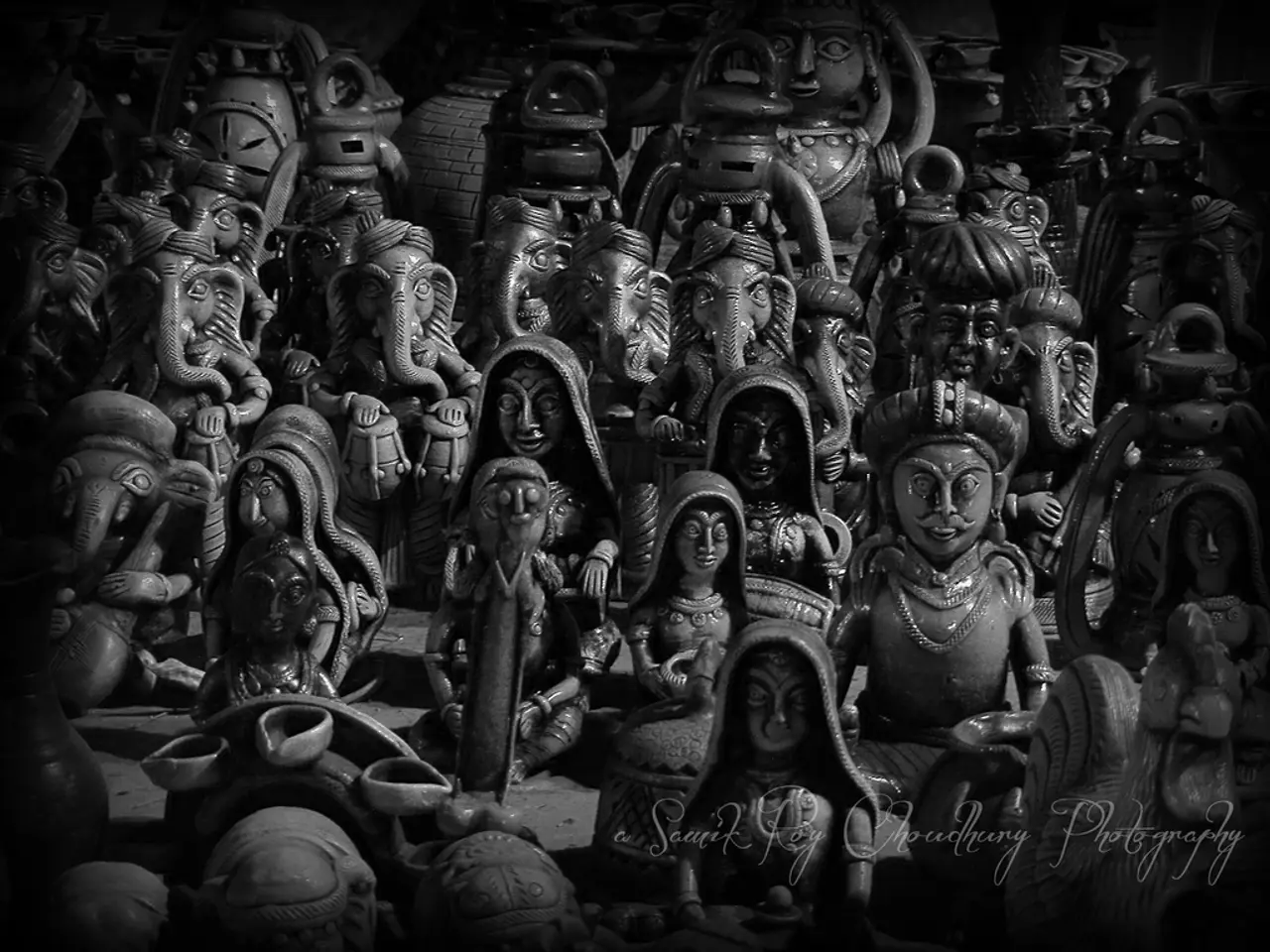The hidden tale of Hua Hin's long-lost sibling: Prachanta Khiri Khet
In the heart of Southeast Asia, a poignant tale of colonial influence and border dynamics unfolds, one that connects the charming seaside town of Hua Hin, Thailand, to its historical twin, Prachanta Khiri Khet, now known as Koh Kong in Cambodia.
Once a bustling settlement, Prachanta Khiri Khet's fate diverged from Hua Hin during the tumultuous colonial era in Southeast Asia during the 19th century. As European powers vied for territorial control, Prachanta Khiri Khet found itself overshadowed and, eventually, incorporated into Cambodia.
The Franco-Siamese Treaty of 1893 marked a turning point in this narrative. French warships pushed past Siam's defenses and anchored in Bangkok, leading to the signing of the treaty. Siam was forced to cede large portions of its territory to the French, including Laos and Cambodia, which in turn included Prachanta Khiri Khet.
Despite Siam's protests, Prachanta Khiri Khet was left behind. In 1904, France proposed a territorial exchange, offering Siam back the province of Trat but requiring Siam to surrender parts of the Monthon Burapha, including the regions of Battambang, Siem Reap, and Sisophon. Siam agreed to the exchange, but once again, Prachanta Khiri Khet was left behind.
The population of Koh Kong, the former Prachanta Khiri Khet, has been gradually replaced by Cambodians over time, with ethnic Thais making up about 25% of the current population. Yet, fragments of Thai heritage remain, hidden in surnames, local dialects, and the collective memory of the Thai community.
The names of Hua Hin's twin and its counterpart were chosen to rhyme - Prachuap Khiri Khan and Prachanta Khiri Khet. The loss of Prachanta Khiri Khet serves as a poignant reminder of the colonial dynamics that shaped the region's borders and the lives of the people who once called it home.
The colonial influence on Prachanta Khiri Khet is evident in how its territorial identity shifted and how historical memory has faded, making it a "forgotten twin." This loss is a direct consequence of colonial border delineations and political reorganizations that occurred in the late 19th and early 20th centuries.
In summary, Prachanta Khiri Khet was Hua Hin's historical twin city. Its decline and loss to Thailand's history reflect colonial-era struggles and border changes. It symbolizes how colonial influence reshaped regional political geography in Southeast Asia. This provides a glimpse into the forgotten colonial legacy embedded in the region's modern map and identity.
As we enjoy the charm of Hua Hin today, we're reminded of the history that has shaped it, including the loss of its twin city, Koh Kong, across the border. The story of Prachanta Khiri Khet stands as a testament to the complex colonial history of Southeast Asia, a history that continues to influence the region today.
- The colonial era significantly impacted the neighboring cities of Hua Hin, Thailand, and Koh Kong, formerly known as Prachanta Khiri Khet, shaping their identities and connections, as evidenced by their rhyming names.
- The story of Prachanta Khiri Khet serves as a symbol of the political and territorial changes that took place during the colonial period in Southeast Asia, providing a glimpse into the region's complex history and the ongoing influence of this history on its modern map and identity.
- Today, general news and discussions about education-and-self-development, lifestyle, or travel in the Southeast Asian region can benefit from understanding the historical dynamics of political shifts, such as the loss of Prachanta Khiri Khet, as they continue to shape the region's standing in the global context.




